Age-Related Macular Degeneration (AMD)
There are many layers of tiny cells present in Macula. As we grow older, these tiny cells do not function adequately. If they do not, then there is high probability of deposits building up in the retina. Also, new blood vessels will grow inside the retina. The new vessels are delicate, and often bleed easily. Under these different conditions, your retina will not function properly. You will have a distorted or blurred vision, and sometimes, no vision. AMD has been identified as a common condition affecting people more than 50 years old. In a few cases, AMD develops slowly, affecting people at a later stage. In other cases, its progression can be evidently faster. When Macula or central portion of your eye deteriorates, the condition is called Macular degeneration. It is medically acknowledged as an incurable eye disease. Under macular degeneration, an individual will not be able to see properly. In severe cases, the person will suffer total vision loss. When macula is damaged, its functioning process of recording the images and sending a brain signal via the optic nerve suffers.
The prevalence of age-related macular degeneration is increasing in Asia due to increase in life expectancy and rising incidents of diabetes among the younger population. As per the Centre for Eye Research Australia, prevalence of diabetic retinopathy among people ranged between 17% and 22% in India, and 43.1% in rural China in 2012. Age-related eye diseases such as glaucoma, cataract, diabetic retinopathy, and age-related macular degeneration, are the leading causes of visual impairment and blindness in North America. According to the American Academy of Ophthalmology, approximately 22 million Americans aged 40 and above were affected by cataract and 2.3 million Americans were affected by glaucoma in 2011.
Laser photocoagulation
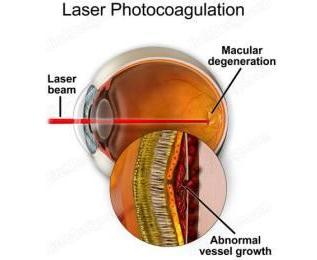
This kind of surgery is suitable if the abnormal blood vessels are not situated close to the fovea. The surgery is performed under local anaesthesia to numb the eye, and it is not painful. During this therapy, your doctor uses a high-energy laser beam to seal abnormal blood vessels under the macula.
Top Doctors In India For Laser photocoagulation
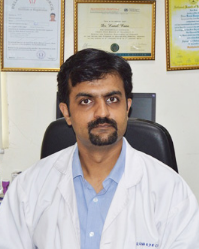
Dr. Kunal Rana
10 years of experience , New Delhi, Delhi/NCR, India
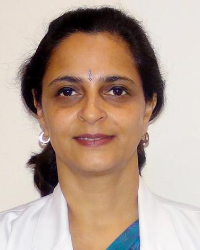
Dr. Anita Sethi
23 years of experience , Gurugram, Delhi/NCR, India
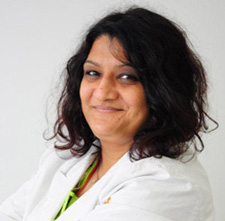
Dr. Vishakha Kapoor
18 years of experience , Gurugram, Delhi/NCR, India
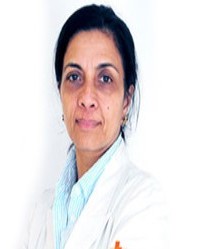
Dr. Carreen Pakrasi
26 years of experience , Gurugram, Delhi/NCR, India
Top Hospitals In India For Laser photocoagulation
Jaypee Hospital, Noida
Established in : 2013
BLK Super speciality hospital, New Delhi
Established in : 1959
Artemis Hospital, Gurugram
Established in : 2007
Max Super Speciality Hospital, Saket, New Delhi
Established in : 2006






